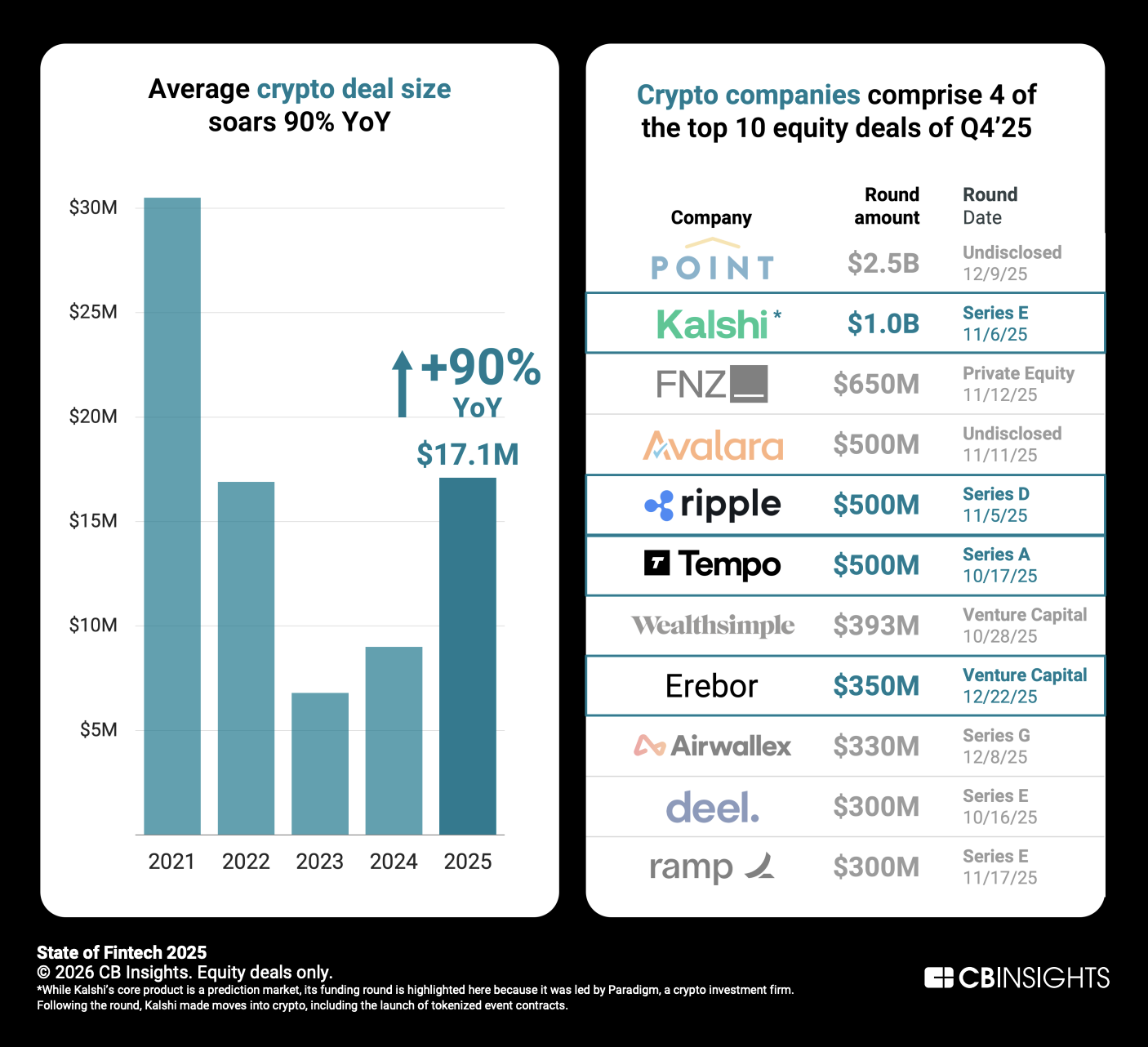For centuries, advocates for greater state power have claimed that modern sovereign states are like families.
The value of the strategy is clear: most people view families as both necessary and natural. Even in our current age of widespread divorce and single parents, the idea of “family” (variously defined) remains enduringly popular. Thus, for a politician looking to increase the perceived legitimacy of the state, it only makes sense to attempt to show that the family is analogous to the state—that the state is a type of family writ large.
This comparison may seem, to some, as plausible on the surface. But any serious look at the methods used to govern families reveal that the two institutions are thoroughly dissimilar.
Because the family has long been regarded as both natural and popular, however, state builders have been unable to resist trying to use the family to build their political and ideological agendas.
This goes back to some of earliest theorists of the sovereign state and absolutism, such as Jean Bodin who described the family as the “true image of a Commonweal.” The absolutist king James I of England declared in 1609 that “Kings are compared to fathers in families: for a king is truly parens patriae, the politic father of his people.”
Thomas Hobbes, who differed with Bodin on the state’s ideal form, nonetheless employed a similar strategy of invoking the ancient and fundamental character of the family as a model of authoritarian state power. According to Hobbes: “the beginning of all dominion amongst men was in families. In which, first, the father of the family by the law of nature was absolute lord of his wife and children.”
Moreover, in Hobbes’s imagined state of nature, families are governed primarily by violence and fear. Fathers exercise “absolute power” to mete out life or death to their children. For Hobbes, it is the child’s fear of execution at the hands of his father that maintains order. In this view, the family is thus formed by a form of “conquest” over the children, and Hobbes declares the family to be “a little Monarchy.”
Later French defenders of the absolutist state argued along similar lines. In his attempt to show that monarchs are inviolable, Louis de Bonald began with the argument that divorce within families is intolerable. Then, in turn, he applied the same principles to the monarch, a type of “father” from whom the population can never be divorced.
Thus, we see how pro-state theorists can exploit the idea of family in two ways. The first is to free-ride on the assumed historical legitimacy and beneficence of the state. After all, if the family is accepted as good for society, we must then conclude that the state—which is just a big family, you see—is also good for society.
The second way these theorists exploit the family is by creating a caricature of the family that reflects the form and function of the state itself. That is, when men like Hobbes and Bodin invoke the family ideal, they invoke a dubious version of the family that is rigidly hierarchical and authoritarian. In this imagined family, the father’s role is to issue orders, and everyone else’s role is to meekly obey. Naturally, one can see how this simplistic image of the family is attractive to those who seek to promote more power for a monopolistic state.
Modern Sentimental Appeals to a National “Family”
Modern sensibilities have made it unpopular to claim that the ideal family is an authoritarian one. This does not mean, however, that advocates for augmented state power see no value in using the image of the family in state propaganda.
Alexey Tikhomirov has noted that Soviet regime relied on the state-family analogy and how imagined “elementary kinship structures shored up the legitimacy of communist rule.” It is not an accident that Soviet propagandists called Stalin “father of the peoples.”
American regime advocates employ similar strategies. In his 2015 state of the Union Address, for example, Barack Obama stated “My fellow Americans, we … are a strong, tight-knit family.” That same week, the Governor of New York, Andrew Cuomo claimed “We must be the family of New York feeling one another’s pain.”
We see the same bias today in use of terms like “national divorce” as if the polity known as “the United States” were some sort of family unit. We are then supposed to conclude that to break up the United States into some of its constituent parts is tantamount to breaking up a loving—albeit troubled—family.
These rhetorical flourishes are employed to promote the message that all members of these faux “families” are somehow responsible to all the other members in the manner of an actual family. Of course, in practice, this responsibility “to others” really just means responsibility to the state.
Why the State Is Nothing Like a Family
The state-family analogy fails in a number of ways, however. State power is permanent and bureaucratic while parental power—that is, “paternal” power—is temporary and personal.
In states, the corporate power of the state endures indefinitely over all subjects regardless of the age or economic capabilities of the subject. Becoming an adult or earning a living does not free any man from his obligation to pay taxes, submit to conscription, or otherwise obey all state laws. In contrast, in a family, it is considered the norm that a child is subject to parental power only temporarily.
Moreover, it is assumed that adult children will permanently leave the “domain” of the parent and found a new family or household over which the grown child is the new parental power.
If families were truly miniature states, as suggested by Bodin and Hobbes, the power of the parent would not be temporary in this manner.
John Locke, contra Hobbes, recognized that state and paternal power are “perfectly distinct and separate” and recognized the highly limited nature of parental power. Locke writes that as the child ages, “The father’s empire then ceases, and he can from thence forwards no more dispose of the liberty of his son, than that of any other man: and it must be far from an absolute or perpetual jurisdiction, from which a man may withdraw himself, having license from divine authority to leave father and mother, and cleave to his wife.”
The personal nature of parental rule also illustrates how far the family model departs from the state model. While states employ a number of coercive bureaucratic institutions—jails, military, and regulatory personnel—to surveil, regulate, and “discipline” their subjects, few parents have such tools at their disposal.
Indeed, the weakness of the parent’s position in carrying out Hobbes’s imagined “absolute power” has occurred to a number of Hobbes’s critics. As noted by Rita Koganzon, Hobbes lists a number of punitive or cruel actions fathers may—according to Hobbes—rightly exercise over their children in a state of nature: “sell them [into] servitude to others…pawn them for hostages…kill them for rebellion.” Yet, the father—who exercises only personal rule—may find this easier said than done. Koganzon notes that Hobbes “proceeds as though fear of death at paternal hands alone is enough to keep children in line. … But in the closer and less heavily guarded quarters of the private home, where a man is outnumbered by his children and where there is no commonwealth behind him to enforce his judgments, the father may discover himself a much less effective executioner than the civil sovereign.”
Moreover, Hobbes seems to ignore that the period during which a man can easily overpower one or more child—and also easily triumph by force over his wife’s objections—is fleeting indeed. As children age into adulthood, fathers also tend to decline in their physical prowess. The father who rules with an iron fist may soon find himself at the mercy of children who now may freely determine their weak and aging father’s fate.
Once again, we encounter great difficulties in reconciling these realities of family governance with state power.
Moreover, if Hobbes is right, it’s difficult to see why anyone would bother raising children at all. Or, as Konganzon puts it “Hobbes does not offer a rationalization of maintaining children in nature, largely because the decision appears to be irrational.” In the Hobbesian model it appears a “rational” person would abandon or sell his newborns in favor of adult slaves who can immediately perform work of economic value.
Locke, unlike Hobbes, at least attempts to provide a reason for why parents raise children. Locke’s view of nature is far more humane, and suggests that parents, in most cases, willingly raise children out of a natural desire to preserve their offspring. Moreover, for Locke, expectations that a child submit to the discipline of a parent is contingent on the parent providing care and education for the child. A parent who merely creates a child in the biological sense has no claim to parental authority otherwise.
But even all these efforts at caring for young children cannot compel those children to “honor” their parents in various ways. According to Locke, this moral obligation “is very far from giving parents a power of command over their children, or an authority to make laws and dispose as they please of their lives or liberties.”
In all this we can see numerous fundamental differences between states and families. The bureaucratic machine of state compulsion is absent from family life. Moreover, whatever tools parents may use to physically dominate their children are temporary and likely to prove insufficient to maintain order on their own.
In contrast to this, we observe the varying types of “discipline” inflicted by states on their “children.” It is considered quite normal for states to inflict upon their subjects an endless array of punishments, fines, and prison sentences, up to and including death.
In contrast—within Christendom, at least—a parent who kills his child as a punishment for “rebellion” or some other form of disobedience has generally been considered monstrous.
If families functioned like states, children would be forever subject to the whims of parents, and not even the deaths of parents would free children from these obligations. If families were like states, new “parents” would be brought in to perpetuate the outgoing parents’ coercive rule over the children. No child in this scenario would expect to exit the household and found his own family. If families were like states, the only “escape” would be a type of emigration in which the child leaves one household only to be subjected to the rule of new parents in some other household.
Clearly, this is not how families function. Yet the idea of the family as a “model” for the state endures as means of ginning up support for states and their agents.
Full story here Are you the author? Previous post See more for Next postTags: Featured,newsletter





























